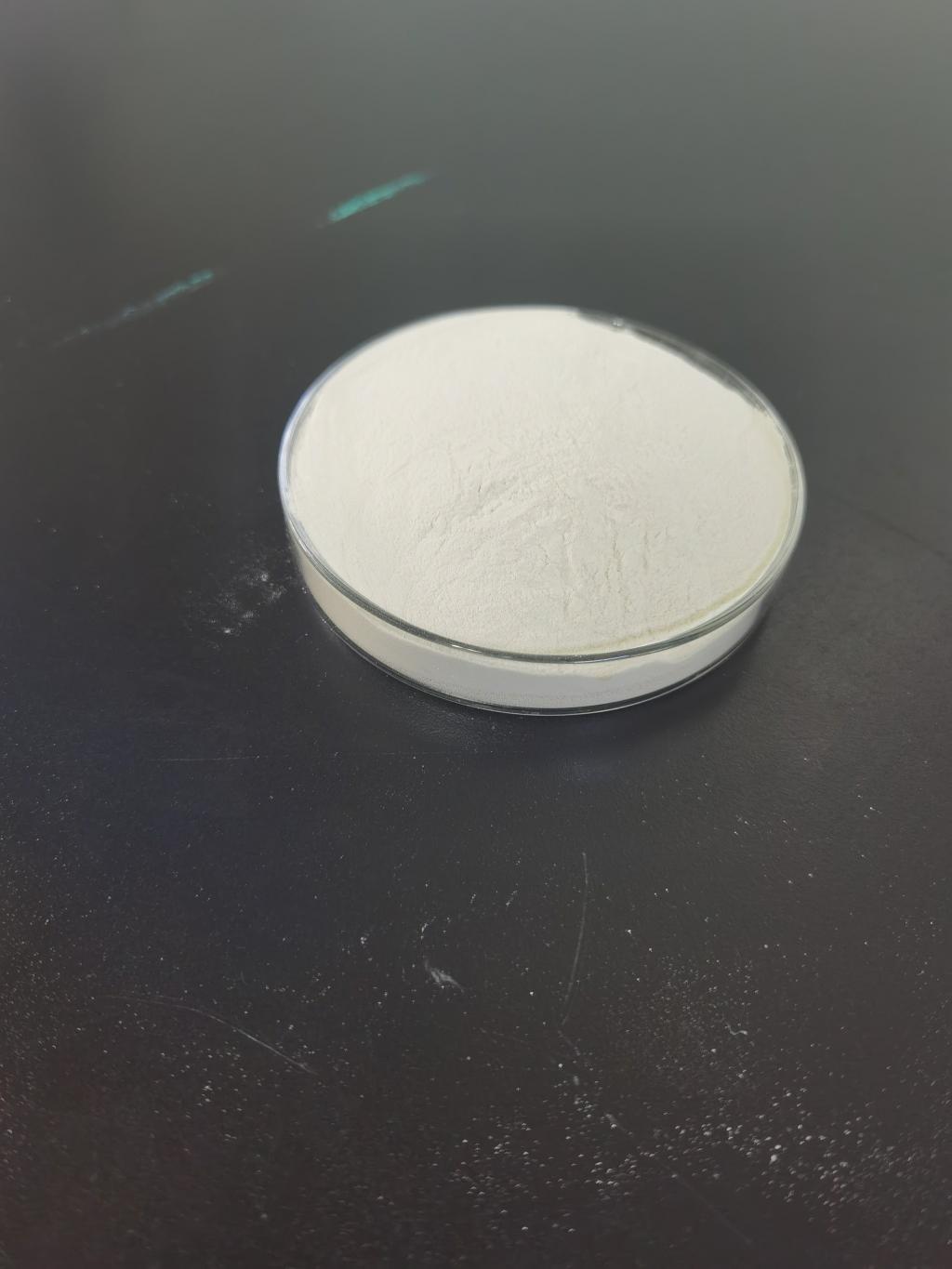Tel:+8618231198596

News
 CONTACT
CONTACT
 CONTACT
CONTACT
- Linkman:Linda Yao
- Tel: +8618231198596
- Email:linda.yao@dcpharma.cn
- Linkman:CHARLES.WANG
- Department:Overseas
- Tel: 0086 0311-85537378 0086 0311-85539701
News
What is the recommended daily intake of Nisin?
TIME:2023-03-17
The recommended daily intake of nisin varies depending on the country and the regulatory agency. In the United States, the FDA has not established a specific recommended daily intake for nisin, but it is generally recognized as safe (GRAS) for use in food at levels up to 33 parts per million (ppm). In Europe, the EFSA has established an acceptable daily intake (ADI) of 0.05 milligrams per kilogram of body weight per day for nisin.
The ADI is based on toxicological studies that have been conducted on nisin. These studies have shown that nisin is not toxic or carcinogenic, and has no adverse effects on reproductive or developmental processes. In fact, nisin has been shown to have a number of potential health benefits, such as its ability to inhibit the growth of harmful bacteria in the gut.
The EFSA has also established a maximum permitted level (MPL) for nisin in food products. The MPL is the highest level of a food additive that is allowed in food products, and it is intended to ensure that consumers are not exposed to excessive levels of the additive. The MPL for nisin is 12.5 ppm in cheese and 25 ppm in other food products.
It is important to note that the use of nisin in food products is tightly regulated, and food manufacturers must adhere to strict guidelines when using nisin as a preservative. The use of nisin is also subject to regular review by regulatory agencies to ensure that it continues to be safe for use in food products.
In summary, the recommended daily intake of nisin varies depending on the country and the regulatory agency. In Europe, the EFSA has established an acceptable daily intake of 0.05 milligrams per kilogram of body weight per day for nisin, while in the United States, there is no specific recommended daily intake, but it is generally recognized as safe for use in food at levels up to 33 ppm. The use of nisin in food products is tightly regulated, and food manufacturers must adhere to strict guidelines to ensure its safety.
- Tel:+8618231198596
- Whatsapp:18231198596
- Chat With Skype







